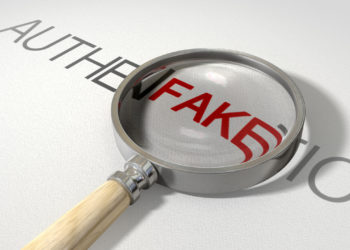Precision of language is of incredible importance when describing scientific results. Those subtle distinctions can make all the difference between a paper that accurately reports on a study and one that distorts its conclusions. For example, though authors frequently transpose “necessary” and “sufficient”, there is an ocean of difference between what each word means when describing a phenomenon.
Things get even more murky when the popular press describes research. In the video below, Joshua Krisch talks about some of the words and phrases we often see misused.
Discussion
5 Thoughts on "You Keep Using That Word, I Do Not Think It Means What You Think It Means"
The article mentioned at the end of the video as the source of the examples is at http://journal.frontiersin.org/article/10.3389/fpsyg.2015.01100/full .
Front. Psychol., 03 August 2015 | http://dx.doi.org/10.3389/fpsyg.2015.01100
As a young editor I called upon Washington University and in the course of my door knocking I met a math prof who had penned a calculus book for a publisher which prior to his book had only published for the humanities. He received back the copy edited MS and much to his surprise almost all uses of therefore were replaced with words such as thus, then, etc. He called the copy editor and asked what happened to my book? Why had she eliminated therefore? She said its constant usage was not elegant and the flow of the words were better for the reader when using a variety of words. He then informed her that in mathematics words have meaning!
This video is a trivial observation that the scientific definition of a word sometimes differs from the definition used by the general public and that scientists sometimes talk like scientists should and sometimes as members of the general public. As with most trivial observations, it serves a purpose if someone that is confused by these things gets the message.



